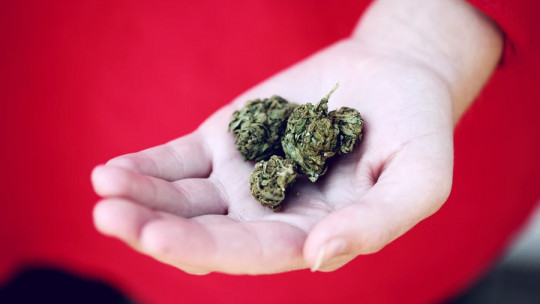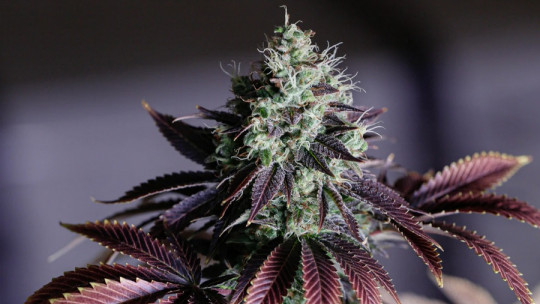Cannabis is the most used and consumed illegal drug worldwide. And while an important part of society has condemned the consumption of this substance as something extremely dangerous (the war on drugs), another sector of society has idealized cannabis as a harmless substance with quasi-magical powers.
However, no person with half a brain can deny that the excessive and uncontrolled consumption of cannabis has caused problems for so many people.
In this article I tell you 5 basic pillars to overcome marijuana addiction
5 tips to overcome joint addiction
Follow these guidelines to leave cannabis addiction behind.
1. Write down your reasons for wanting to quit joints
Many people are surprised when they try to quit smoking cold turkey and can’t last even two days The reason is usually that the person has not spent the time necessary to visualize his goal, nor why he really wants to make the effort to break a habit that he has had for years.
The greatest difficulty in overcoming any addiction is usually changing the perception about the addictive substance or activity. If the person continues to long for consumption and think that quitting smoking joints is “a loss,” it will be much easier for them to relapse into the drug.
Grab a piece of paper and take some time to write down your reasons for wanting to quit marijuana.
2. Create a healthy lifestyle (exercise and diet)
The human being is not reduced only to his desires and objectives, It is very important how we treat our body If a person does not eat correctly and leads a very sedentary life (little or no physical exercise), he will feel with less energy and less desire to do things. Furthermore, due to the lack of nutrients and the poor condition of the body, the person’s mind will not function at full capacity either.
A person who eats poorly and does not exercise is much more likely to develop psychological problems or not overcome existing ones (such as cannabis addiction).
The decision to quit marijuana must be accompanied by comprehensive changes in lifestyle of the person. Otherwise, the chances of relapse will be very high.
Make a list of healthy changes that you want to bring into your life, and start integrating them into your daily life little by little.
3. Get away from your stoner past
When a person decides to stop using marijuana, it is important that they make other changes that are consistent with their new lifestyle.
Many people who go to therapy to quit cannabis end up realizing that they have a series of “toxic friendships”, people with whom they are not able to enjoy themselves if they are not “high” So, when they decide to give up the joints, these people no longer bring them anything in life, and it is not worth continuing the contact.
Additionally, going out or spending time with people who regularly smoke joints greatly increases the chances of relapse. It’s a matter of taking stock and choosing new priorities.
Another issue is that of Marijuana paraphernalia and merchandising T-shirts, sweatshirts, pipes, grinders… constant reminders of marijuana use, which are not worth sticking to after someone has made the decision to change their life.
Make a list of people or things you no longer need in your life if you’re not going to continue smoking joint.
@professional(2055054, “Are you looking for professional help to overcome an addiction?”)
4. Resolve your emotional dependence on joints
When working with addictions, we must never ignore the fact that Any substance use will be intrinsically motivated by the desire to escape from unpleasant emotions and situations
Stress, frustration, boredom, sadness… without realizing it, joint users become accustomed to smoking every time they feel unpleasant emotions that they don’t really know how to deal with. Hence the importance of working closely with a psychologist specialized in addictions.
The person must learn to deal with these unpleasant emotions in different ways, learn new strategies to face difficult life situations, do other things to relax or feel enjoyment, which at the same time are consistent with a new healthy lifestyle.
The physical dependence will disappear when you go a few weeks without smoking joints, but emotional dependence on experiences and memories with marijuana will be a risk for many more years if you do not learn to work with it
The vast majority of people who cannot quit smoking joints are precisely because they have tried to skip this step.
5. Ask an addiction specialist for help
I am a psychologist specializing in addictions , and I have been helping people banish drugs from their lives for years. If you or someone close to you is having problems with joints, contact me. You can see more information about how I work, and my contact information, in my profile.









